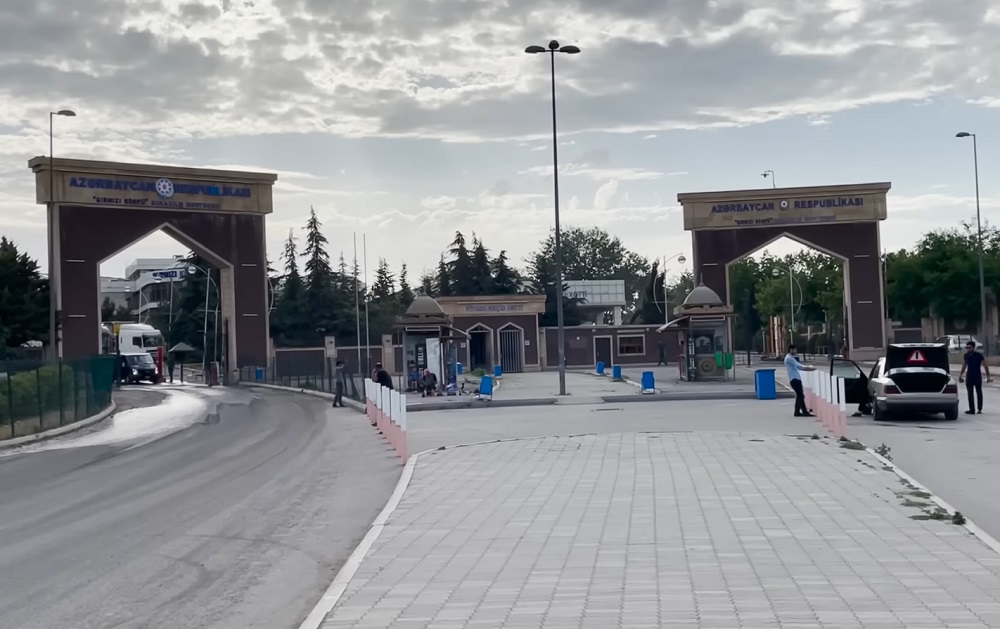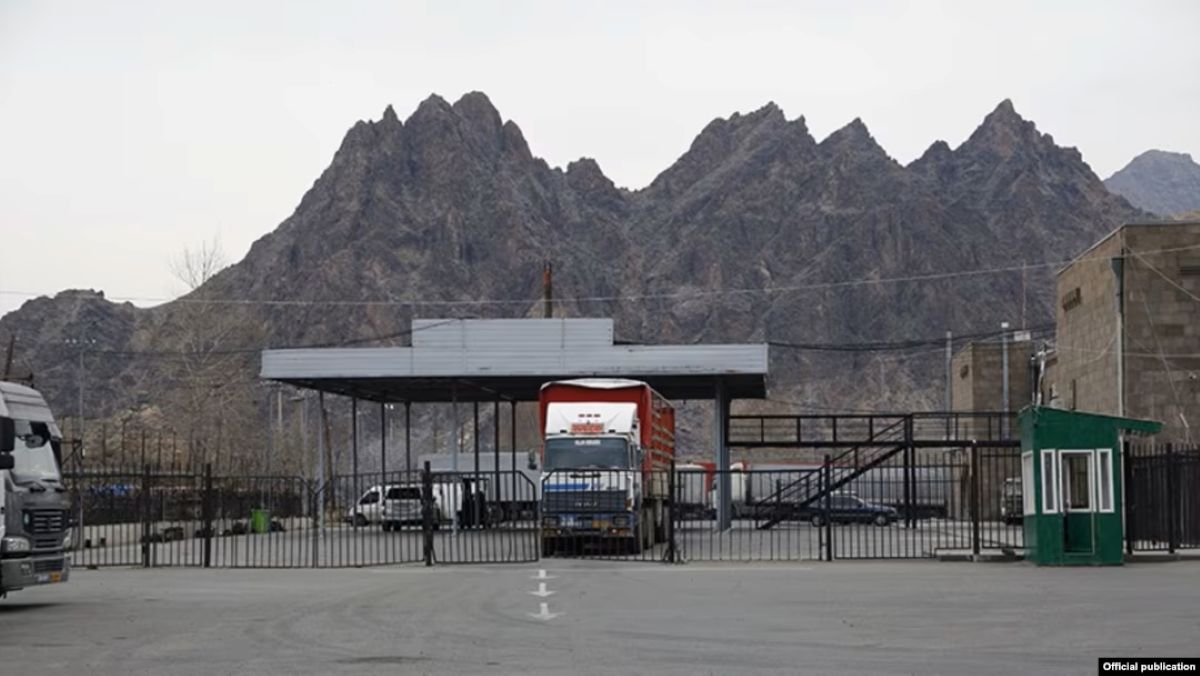Azerbaijani authorities report growth in tourism, experts believe the opposite
Closed borders and tourism in Azerbaijan
According to Azerbaijani officials, closed land borders have had a positive impact on the growth of domestic tourism in the country. Experts think otherwise. “In 2022-2023, although land borders remained closed, the vast majority of hotel beds were empty. And where is the positive impact of closed borders on domestic tourism?” asks economist Natig Jafarli.
- Former US congressman: Either Georgians get used to obeying Russia, or they need a new government
- Will the meeting between official Baku and representatives of Karabakh Armenians take place in Bulgaria?
- “Arrest under the protection of the ICRC is a war crime” – the position of Armenia
83.4% of hotel rooms empty
According to Jafarli, an economist and one of the leaders of the Republican Alternative opposition party, Azerbaijani officials, in order to justify the closure of the country’s land borders, stated that this spurs the development of domestic tourism and has a positive effect on the development of tourist facilities.
Jafarli says that “unlike officials, the numbers don’t lie”:
“In January-June 2023, the occupancy rate of hotels and hotel-type facilities was at the level of 16.6 percent. In simple terms, 83.4% of hotel rooms were empty.
In the first six months of 2022, that figure was even lower at 12.4 percent. In other words, while land borders remained closed in 2022-23, the vast majority of hotel beds were empty. And where is the positive impact of closed borders on domestic tourism?
Maybe hotel owners hide the real number of rooms, guests, to avoid large tax deductions. But then another question arises: where is the transparency of the economy, which the authorities tirelessly talk about?”
Jafarli expressed confidence that the closed land borders have dealt a huge blow to the tourism sector of Azerbaijan.
The land borders of Azerbaijan with neighboring states have been closed since March 2020. The official reason for closing the borders is the coronavirus pandemic.
Despite the fact that WHO declared the end of the COVID-19 pandemic, the restrictions associated with this have been lifted in all countries. including in Azerbaijan, official Baku is in no hurry to open land borders.
According to independent experts, a number of other factors may be the real reason for the closure of borders.
The second sector after energy
Member of the Azerbaijani parliament, economist Vugar Bayramov, says that the vast majority of tourists who come to Azerbaijan prefer to stay in Baku:
“Given the infrastructure of the capital, this may seem normal. But it is impossible not to take into account the huge difference between the choice of Baku and the regions. Unfortunately, the regions still cannot properly present their tourism potential, which leads to difficulties in attracting guests from abroad. On the other hand, in many regions the prices for tourist services are not low, and the quality is inferior to generally accepted standards.”
The economist noted that one of the main goals of the state should be to attract investment in the tourism sector, the development of competition in this area:
“Tourism is the second sector after energy to attract foreign exchange into the country’s economy.”
What do the numbers say?
The State Statistics Committee has published data on tourism for the first half of the year. In January-June 2023, 1 million 363 thousand 200 overnight stays were recorded in hotels in Azerbaijan. This is 32.7 percent higher than the same indicator for the previous year.
According to the State Statistics Committee, Baku accounts for 61.1% of all overnight stays in the country’s hotels. Among the regions, the best indicators are in Gusar – 5%, Guba – 4.8% and Gabala – 4.4%.
788.1 thousand overnight stays, i.e. slightly more than half of the total is accounted for by foreign tourists. This is 56.5% higher than last year.
The top five foreign tourists include guests from Russia (17.4%), India (8.8%), Turkey (8.6%), the United Arab Emirates (6.7%) and Saudi Arabia (6.5%).
84.2% of tourists spent the night in hotels in Baku, the SCC noted.



















